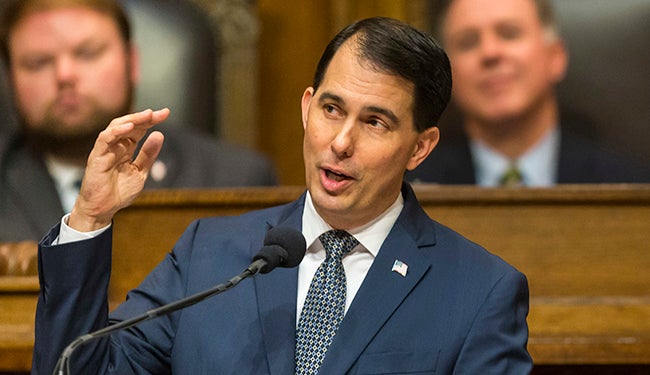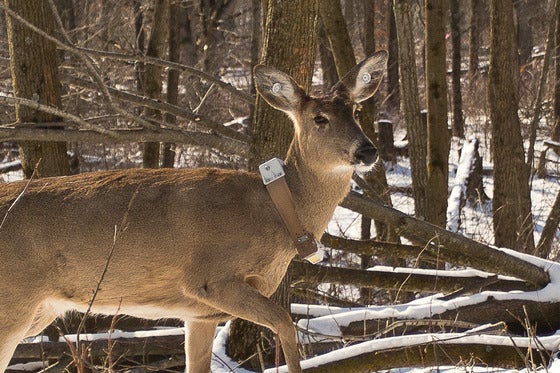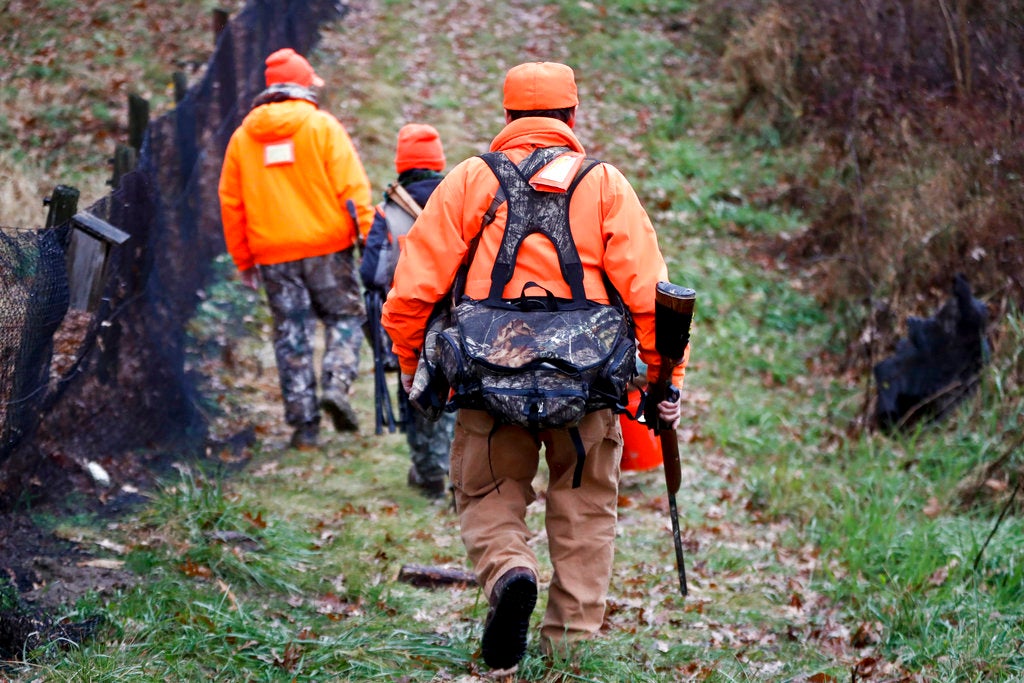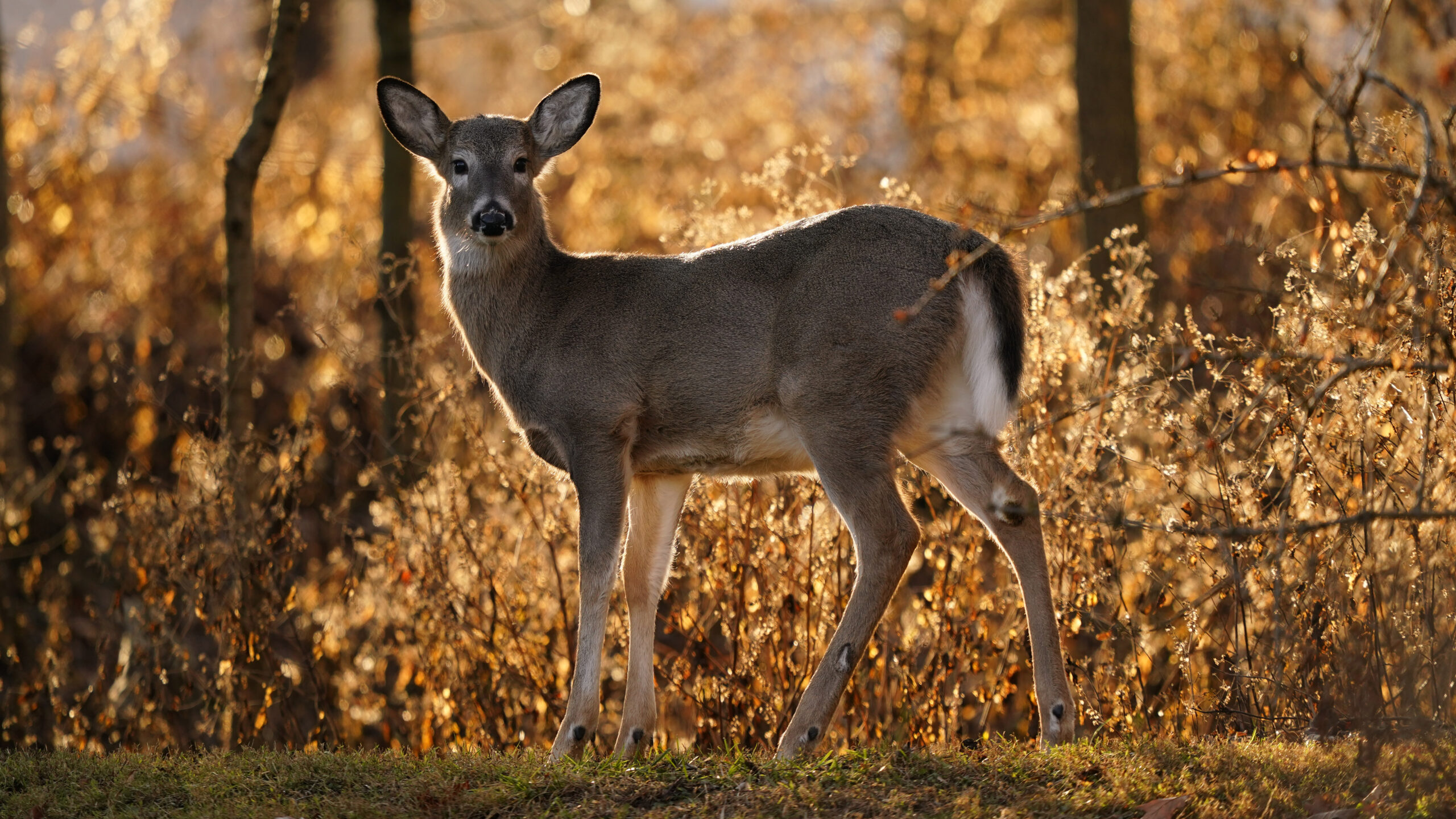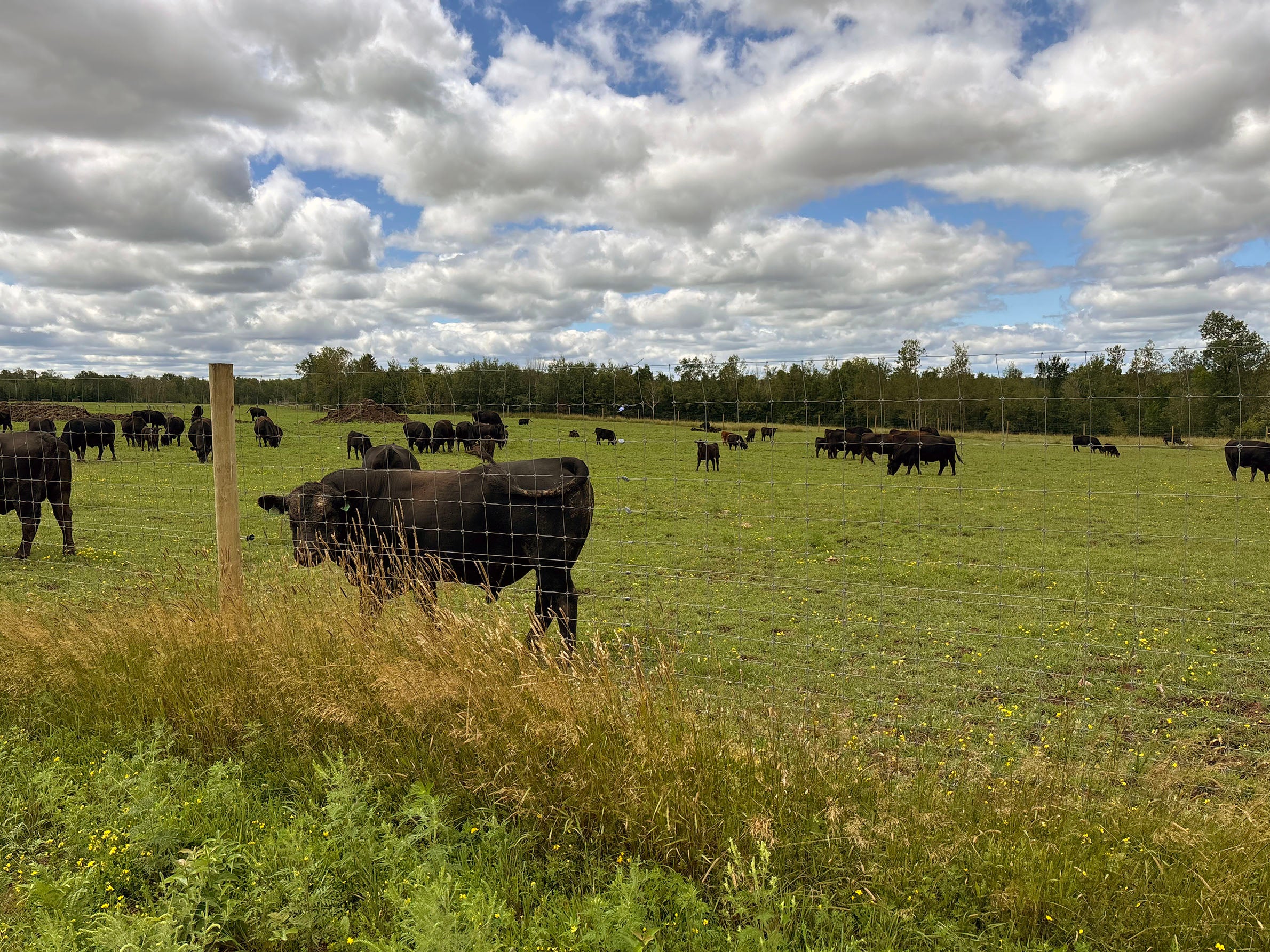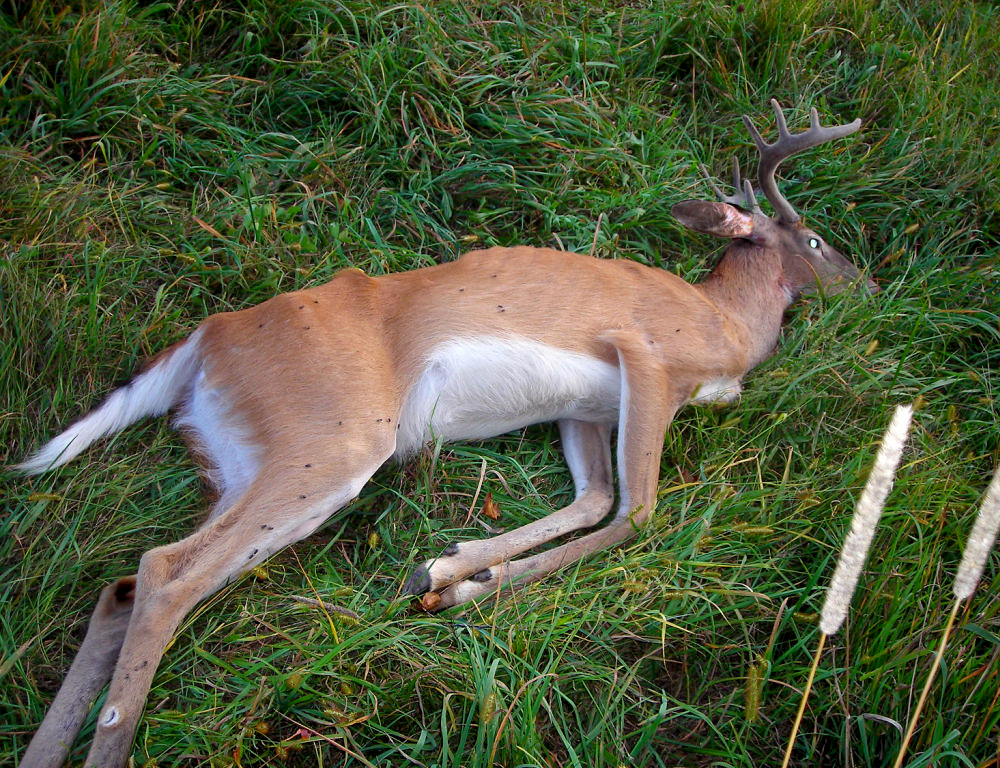Gov. Scott Walker has signaled that he’s open to having the state help pay deer farmers for additional fencing required under a proposal to combat chronic wasting disease released last week.
Walker announced last week that he was directing the state Department of Agriculture, Trade and Consumer Protection to write emergency rules that would require double fencing at captive deer operations in counties that have tested positive for CWD and another rule banning the movement of live deer from farms in CWD-affected counties.
The governor also directed the state Department of Natural Resources to draft a rule banning hunters from moving deer carcasses from CWD-affected counties.
Stay informed on the latest news
Sign up for WPR’s email newsletter.
The state’s deer farming industry group, Whitetails of Wisconsin, fired back at the governor saying his proposed rules on fencing and deer movement would cost them hundreds of thousands of dollars and would drive many of the state’s 376 deer farms out of business.
On Tuesday Walker responded and said the rules are needed to inspire confidence in the state’s deer herd.
“For us to have a good hunt in the state of Wisconsin we’ve got to have people having faith in the size and the health of the deer population in total,” Walker told WPR after a press conference. “And so with more cases appearing over the last six months it’s critically important that we address that on every front possible.”
But the governor said he was open to having the state and ultimately taxpayers help defray some of the cost of the additional requirements on captive deer farms and hunting ranches.
“In terms of deer farms, we’re mindful of some of their concerns,” said Walker. “We think there are ways we can probably help in terms of grants and assistance to help some of those, particularly, smaller farms deal with that.”
Walker is scheduled to speak Friday at a joint meeting of the Wisconsin Conservation Congress. He said the discussion will center around what the group and hunters want to see the state do to slow the spread of the fatal deer disease.
Wisconsin Public Radio, © Copyright 2025, Board of Regents of the University of Wisconsin System and Wisconsin Educational Communications Board.
